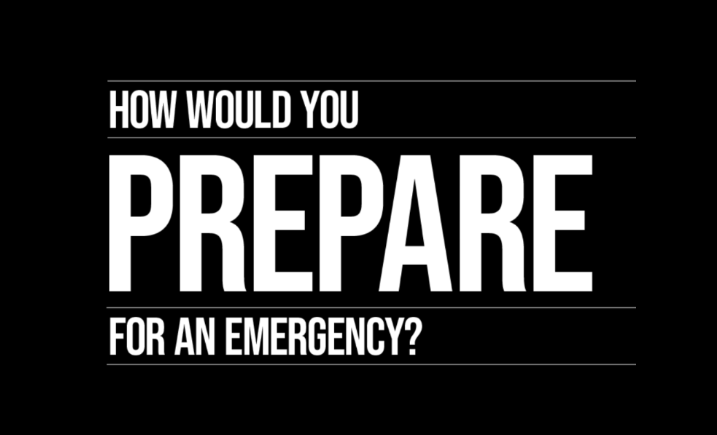GOVERNMENT WEBSITE – PREPARE. Be careful about the T word.
The government has just launched a website: https://prepare.campaign.gov.uk/ to urge to be prepared for unexpected happenings such as power cuts and flooding. Towards the end there is a section on: Coping with Trauma: https://prepare.campaign.gov.uk/coping-with-trauma/ in which after an incident we are encouraged to talk to others, share feelings and be prepared to listen to others about how they feel, reach out to others in the community, do something that feels good and return to everyday routines if you can. There is a photo of two people with coffees talking across a table.
These things are suggested in the immediate aftermath of an incident, and there are links to other NHS website which outline in more detail what trauma might feel like and to consult a professional if ‘experiences and feelings’ persist more than 2-4 weeks.
I have no issue about the advice for what to do after an incident. Reaching out to others if you can and sharing feelings and returning to routines is sensible after something out of the ordinary. However, it may well not be trauma.
These are my questions about this urge to ‘Prepare’.
- What are the government doing in such a website? It is unspecified what we are to prepare for. I’m not sure they have their minds on floods and power cuts. It is vague and nebulous and it leads us to ask: what do they know that we do not? And why are they telling us to prepare now?
- The ‘Coping with Trauma’ section certainly does not sound as though they are thinking about floods and power cuts. They mention incident which sounds more like terrorist attacks. So don’t lead us in with floods and power cuts. It is insidious and scare mongering.
- As a trauma therapist, I object to a: ‘Coping with Trauma’ section which sounds more like advice for what might help in the aftermath of an extraordinary event. We would call this ‘Critical Incident De-briefing’ – i.e. simple practical advice. Coping with Trauma needs to start with a definition of what trauma actually is.
- Trauma is not the incident itself it is what happens inside us. Even after experiencing or witnessing a serious attack/intrusion, we may not have lasting trauma. Trauma is about the charge of experience/sensations/memories that linger well after the event. We have to search for several other links before this distinction is made clear.
- So, UK government, please be clear about what message you are giving us and be careful about the T word.
To find out about what trauma really means, take a look at my new book

